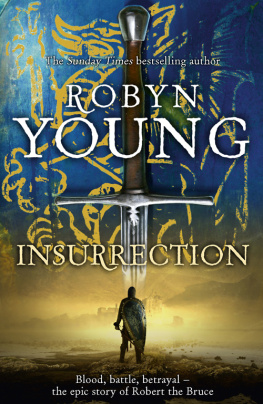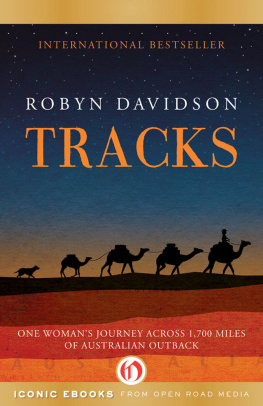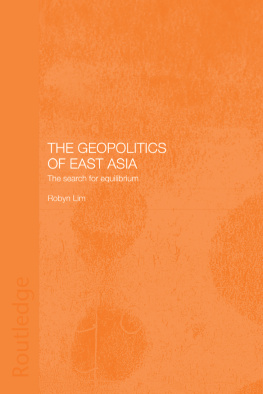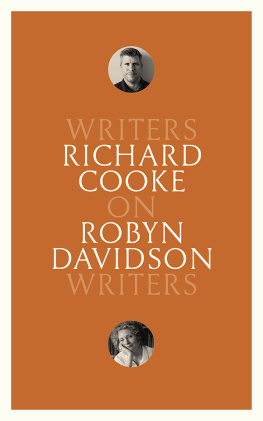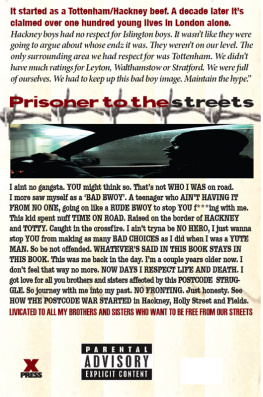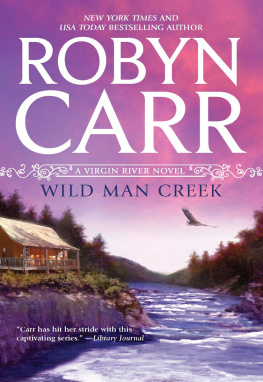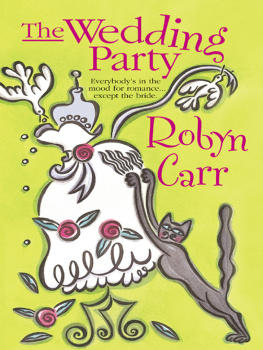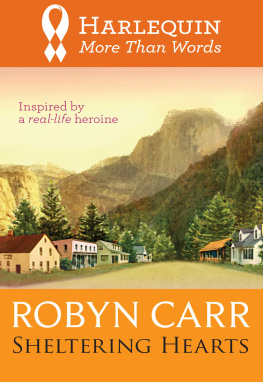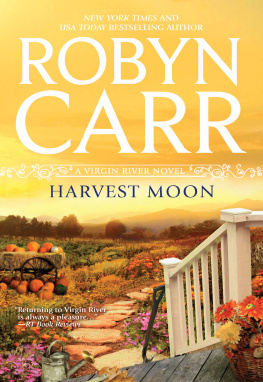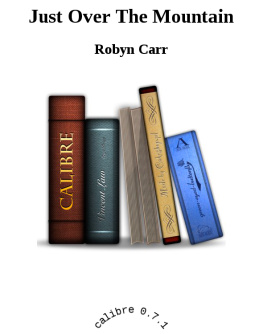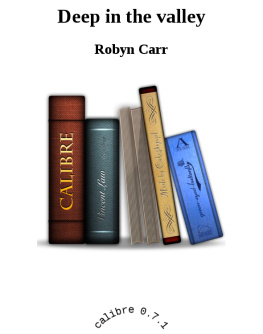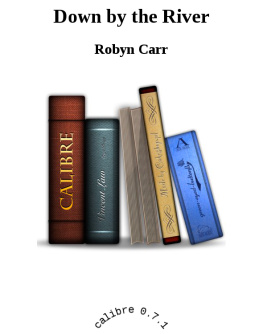Robyn Young - Insurrection
Here you can read online Robyn Young - Insurrection full text of the book (entire story) in english for free. Download pdf and epub, get meaning, cover and reviews about this ebook. year: 2010, publisher: Hodder & Stoughton, genre: Detective and thriller. Description of the work, (preface) as well as reviews are available. Best literature library LitArk.com created for fans of good reading and offers a wide selection of genres:
Romance novel
Science fiction
Adventure
Detective
Science
History
Home and family
Prose
Art
Politics
Computer
Non-fiction
Religion
Business
Children
Humor
Choose a favorite category and find really read worthwhile books. Enjoy immersion in the world of imagination, feel the emotions of the characters or learn something new for yourself, make an fascinating discovery.
- Book:Insurrection
- Author:
- Publisher:Hodder & Stoughton
- Genre:
- Year:2010
- Rating:3 / 5
- Favourites:Add to favourites
- Your mark:
- 60
- 1
- 2
- 3
- 4
- 5
Insurrection: summary, description and annotation
We offer to read an annotation, description, summary or preface (depends on what the author of the book "Insurrection" wrote himself). If you haven't found the necessary information about the book — write in the comments, we will try to find it.
Insurrection — read online for free the complete book (whole text) full work
Below is the text of the book, divided by pages. System saving the place of the last page read, allows you to conveniently read the book "Insurrection" online for free, without having to search again every time where you left off. Put a bookmark, and you can go to the page where you finished reading at any time.
Font size:
Interval:
Bookmark:
Acknowledgements
Writing a novel is a prolonged, unwieldy task, seldom accomplished in its entirety by one single person. This was no exception and Id like to thank the following people for their help along the way. First, the guides and curators I met across Scotland and Wales, who spoke with such knowledge and passion about the history of the many castles, abbeys and battlegrounds I visited, with added thanks to Clair for the incredible ride through Glen Trool. My gratitude goes to Jane Spooner at the Tower of London for taking the time to show me round and offering invaluable insights into the history of the place. Thank you to John Dudeney for not letting his horses kill me and for the terrifying, but rewarding year in the paddock... I have so much more respect for the skill of my knights now. A sincere thank you to Ken Hames for talking to me so frankly and incisively about his combat experiences, which gave me a deeper glimpse into the psyche of war. I owe a great deal to historian Marc Morris, author of A Great and Terrible King , for reading so thoroughly and for the weight of knowledge he brought to bear on the manuscript. Without scholars of his calibre, many of whose works I plundered for treasures, this novel would not exist. Thanks also to Richard Foreman for the valuable introductions. My gratitude to the writers group for editorial gems and the pleasure of shared words, with special thanks to Niall Christie for the reading and to dear friend and fellow writer C.J. Sansom for an ear in the dark days. To the rest of my friends and family, but most especially to Lee thank you, your support and love mean more than you know.
Much appreciation goes as ever to my fantastic agent, Rupert Heath, also to Dan Conaway at Writers House, the team at the Marsh Agency and indeed all the publishers who work on the international editions. Last, but certainly not least, my gratitude to all at Hodder & Stoughton, whose great commitment to the books continues to overwhelm me. Extra special thanks are due to my wonderful editor, Nick Sayers, to Anne, Laura, Emma, and the fabulous sales and marketing teams and often unsung heroes: copy-editor, proof reader and the art and production teams.
Ah God! how often Merlin said the truth
In his prophecies, if you read them!
Now are the two waters united in one
Which have been separated by great mountains;
And one realm made of two different kingdoms
Which used to be governed by two kings.
Now are the islanders all joined together
And Albany reunited to the regalities
Of which king Edward is proclaimed lord.
Cornwall and Wales are in his power
And Ireland the great at his will.
There is neither king nor prince of all the countries
Except king Edward, who has thus united them...
Peter Langtoft (English chronicler d. c.1307)
Also by Robyn Young
Brethren
Crusade
Requiem
Authors Note
In June 2007 I was in Scotland on a research trip for Requiem , the last novel of my first trilogy, based on the downfall of the Knights Templar. My main character was Scottish and Id always intended for him to return from the crusades to be embroiled in the Wars of Independence. The struggles of William Wallace and his rebel army made a powerful parallel with the Templars fight for survival during the trial against them, both conflicts culminating in 1314 with the Battle of Bannockburn and the burning at the stake of the last Templar Grand Master, Jacques de Molay. Id been in Paris the month before, working on the knights side of the story and the Scottish excursion was supposed to help me fill in the other half of the narrative. I spent three weeks on the road, travelling from battlegrounds that were now housing estates to crumbling abbeys and ivy-clad ruins. Day by day, out of the pages of history and the wild landscape, one figure came striding, larger, clearer than all the others Robert the Bruce. He swept me off my feet and carried me into a story that went way beyond the English invasion of 1296 and the subsequent insurrection led by Wallace, right into the heart of bitter family feuds, two civil wars and the struggle for a crown. By the end of the trip, I was so caught up in Roberts world Id almost forgotten about the Templars the protagonists of Requiem . Back home, I realised there was no way this character could play a cameo role in another mans story. His tale was just too sprawling, too intricate and too good to be cut down and boxed to fit. I had to let him go and focus on the dramatic, but much simpler story of Wallace which worked well alongside my Templar narrative. Robert refused to go quietly, however, and several weeks later, unable to silence his voice, I phoned my agent, who had been asking me to get a proposal together for my next set of novels. I now knew what they would be.
As a historical novelist you are forever walking a fine line between fact and fiction. It is the facts that inspire our stories and enable readers to enter these vanished worlds, but those same facts can sometimes be detrimental to a novel. The sources, both historical and contemporary, can be highly contradictory and often things are left unexplained we might know what someone did when, but have no way of knowing why they did it. A historian can say this happened and these are the facts to support it and we believe this, but a novelist has to create the motivations that lie behind the actions of characters in order to make readers believe. For example, we have no concrete explanation as to why Robert deserted his father and King Edward that day outside Douglass castle and joined the Scottish rebellion. He had so much to lose and so little to gain. Even the simplest theory: that it was an act fired by patriotism, doesnt totally hold water when you look at the broader picture. So, I made it more individualistic not just a national cause, but a personal one, driven by Roberts frustration and the antagonism between him and his father. Of course, such personal instances are what most great events are born out of. We make split decisions, we do things in the moment, we hardly ever see that broad picture until were looking back on it. History turns on a knife-edge.
The first big licence I took with history is the murder of Alexander III. Chroniclers of the time and modern historians regard his death on the road to Kinghorn as an accident and there is no reason to suspect otherwise. But as a novelist with a suspicious mind the rapidity with which Edward I secured permission from the pope for his infant son to marry the Maid of Norway, coupled with the fact that Alexander was thought to have mooted the possibility of such a union two years earlier in a letter to Edward and that when he married Yolande any offspring they produced would have rendered this proposition meaningless for Edward and his son, led me quickly down the what if route. Similarly, there is no evidence to suspect that the Maids subsequent death was anything other than a tragic double-twist of fate. Her murderers, the Comyns, are tarnished with the black brush of fiction here, for the princess was thought to have died eating rotten food on the voyage rather than through any nefarious design, although its true that the Comyns abducted Alexander during his minority in an attempt to gain control over the kingdom.
I have simplified the proceedings of what would much later be termed the Great Cause. The hearing set up by Edward I to choose a successor to Scotlands throne was a protracted affair that, while interesting in terms of history, doesnt work well in a novel, essentially being a series of political discussions and lengthy periods of waiting. The chapter at Norham therefore is an amalgamation of many meetings that would have taken place over a longer period and in various locations.
Roberts grandfather did claim to have been named heir presumptive by Alexander II, although I have made more of it here than was made at the time. The assigning of the earldom of Carrick to Robert shortly after John Balliol was named king is real, but the transfer of the claim to the throne is fiction. At this point, the claim was passed from the grandfather to the father, with the assertion that it was for him and his heirs. But in light of Roberts dramatic shift in allegiance and the fact that even as early as the parley at Irvine he was accused of aiming at the throne, I chose to have it passed on here, rather than dilute the power of the moment and muddy the waters later on.
Next pageFont size:
Interval:
Bookmark:
Similar books «Insurrection»
Look at similar books to Insurrection. We have selected literature similar in name and meaning in the hope of providing readers with more options to find new, interesting, not yet read works.
Discussion, reviews of the book Insurrection and just readers' own opinions. Leave your comments, write what you think about the work, its meaning or the main characters. Specify what exactly you liked and what you didn't like, and why you think so.

